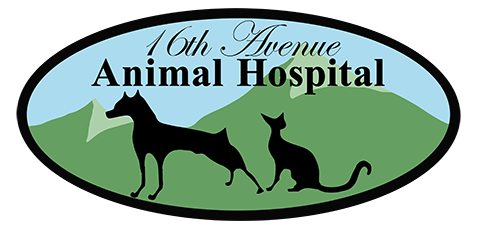Removal of an item/object that’s been ingested and then becomes lodged to cause partial or complete intestinal obstruction is probably the most common indication for intestinal surgery.
There are many different types of foreign bodies that can be ingested by both dogs and cats. Young, playful or curious dogs and cats are at risk the most, although older pets can eat things they aren’t supposed to also causing an intestinal blockage.
You may suspect your pet has eaten something if you’ve noticed missing cloth/damaged furniture, torn up chew toys, or opened garbage disposal bins in your home.
Clinical signs your pet may have ingested something that’s causing obstruction is vomiting, diarrhea, dehydration, anorexia and weight loss, lethargy and sometimes abdominal pain and bloat.
Upon the veterinarians examination, they may notice abdominal tenderness, a mass or clumping of the intestines. Radiographs are used to confirm any suspicion of a foreign body in your pet and a surgical/post-surgical plan is put into place.
Surgical intervention is required immediately and should be performed no later than 12 hours after a confirmed diagnosis to ensure a normal recovery rate for the patient.
